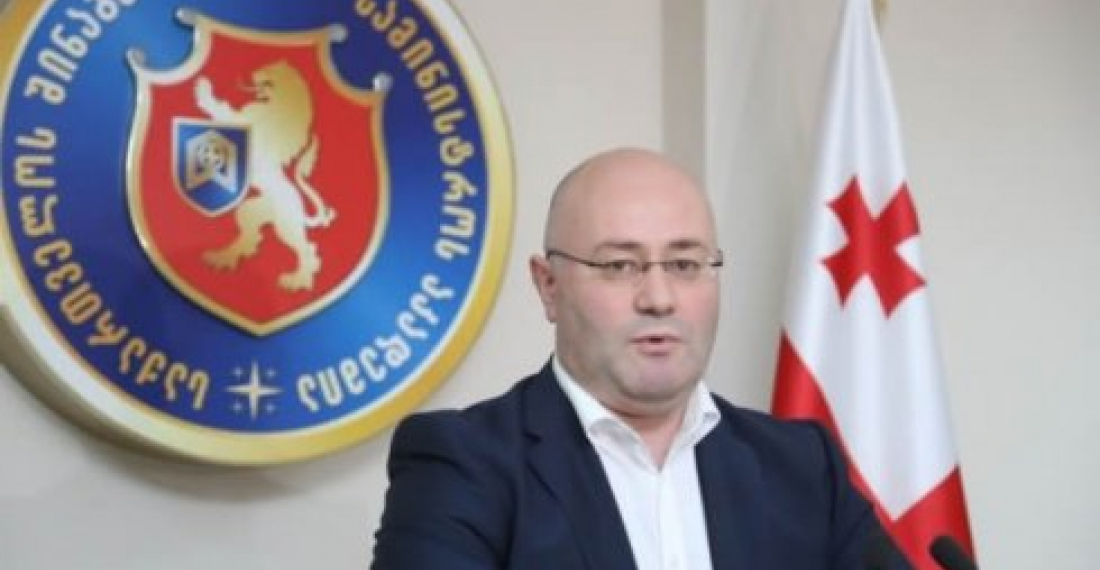Georgia’s new defence minister Levan Izoria outlined his priorities on Tuesday, at a meeting with top military officials in Tbilisi. Prime Minister Georgi Kvirikashvili, also present, said it is important that the role not be politicized.
Izoria priorities will be securing peace within Georgia, actively participating in NATO’s mission in Afghanistan in partnership with the United States, and improving Georgia’s self-defence capacity with the help of NATO, he said at the Ministry of Defence.
He also said he wants to pursue “sober policy”. “First, [this] implies securing peace and security, and second, deterring threats and risks through sustainable development of our defense capabilities and integration to the Euro-Atlantic structures.”
A memorandum on boosting military capacity was signed with the United States earlier this month, with US Secretary of State John Kerry present.
Izoria replaces Tina Khidasheli, who stepped down so she can represent the Republican Party in Georgia’s upcoming legislative elections. The party is running separate from its former coalition partners, Georgian Dream. Khidasheli criticised the appointment of Izoria, a former deputy head of the State Security Service.
“It is a wrong message to our partners abroad, as well as internally, when at first Irakli Alasania, a political figure, was replaced by a security official [Mindia Janelidze] as defence minister and then Khidasheli was replaced again by a security [official]… It indicates on a very negative trend," she said.
However, Prime Minister Kvirikashvili reassured journalists that the role would not be politicised. “The MoD should be maximally distanced from any kind of political confrontation and in general political confrontation should be over in the country."
"I’m sure we will be able to implement very important reforms at the Ministry and I think nobody doubts that the agency needs to be reformed and strengthened," he said at the Tuesday meeting.
Georgia’s legislative elections will take place on October 8. As well as Izoria replacing Khidasheli, Ketevan Tsikhelashvili has replaced Paata Zakareishvili as State Minister for Reconciliation and Civic Equality.
SOURCE: commonspace.eu and agencies
PHOTO: Levan Izoria







